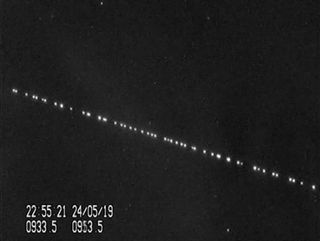Expert Voices Paul Sutter: Explaining astrophysics and astronomy
Join our Space Forums to keep talking space on the latest missions, night sky and more! And if you have a news tip, correction or comment, let us know at: community@space.com.
Latest about expert voices paul sutter

Wormholes may be viable shortcuts through space-time after all, new study suggests
By Paul Sutter last updated
Wormholes may be stable after all, a new theory suggests, contradicting previous predictions that these hypothetical shortcuts through space-time would instantly collapse.

Yes, there is really 'diamond rain' on Uranus and Neptune
By Paul Sutter published
Hiding beneath the outer layers of some planets, there may be something spectacular: a constant rain of diamonds.
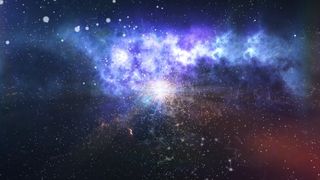
We may finally be able to test one of Stephen Hawking's most far-out ideas
By Paul Sutter published
The recently launched James Webb Telescope should help determine if dark matter is made up of primordial black holes.
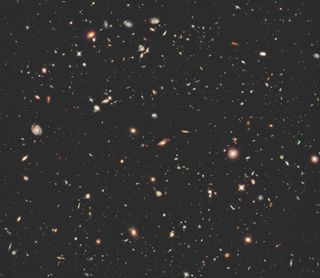
Here's how the universe could end in a 'false vacuum decay'
By Paul Sutter published
The world could end not with a bang, but with a quantum vacuum decay of the ground state of the universe to its true minimum.
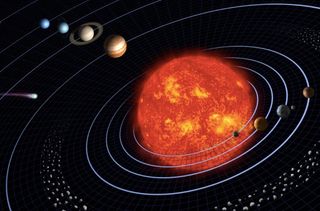
How did the solar system form?
By Paul Sutter last updated
The formation of the solar system is a challenging puzzle for modern astronomy and a terrific tale of extreme forces operating over immense timescales. Let's dig in.
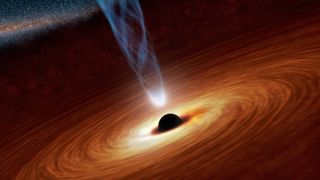
How many black holes are there in the universe?
By Paul Sutter published
In a recent study, researchers determined that about 1% of all the "normal" (that is, not dark) matter in the universe is bound up inside black holes.
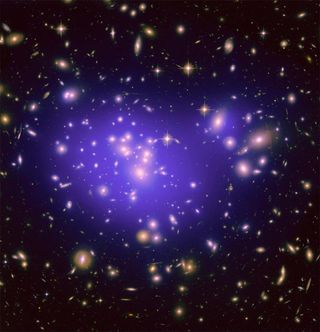
Why is there a 'crisis' in cosmology?
By Paul Sutter published
Since 2014, there have been over 300 proposals for solutions to the "crisis in cosmology." None of these proposals is universally agreed upon by cosmologists, and the crisis just keeps getting worse.

Some supermassive black holes may contain fingerprints from the Big Bang
By Paul Sutter published
The elements around some giant black holes may be subtly different from the cosmic average, retaining a relic memory of the young universe.
Get the Space.com Newsletter
Breaking space news, the latest updates on rocket launches, skywatching events and more!

